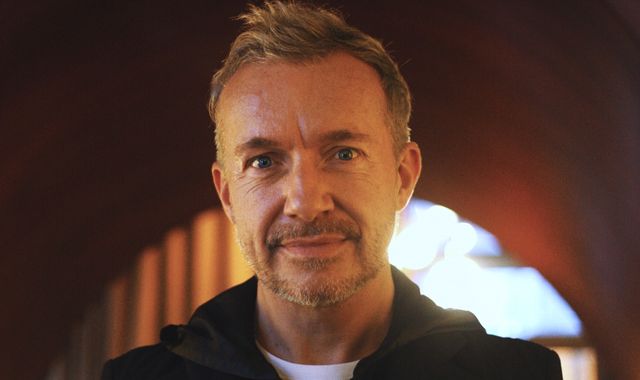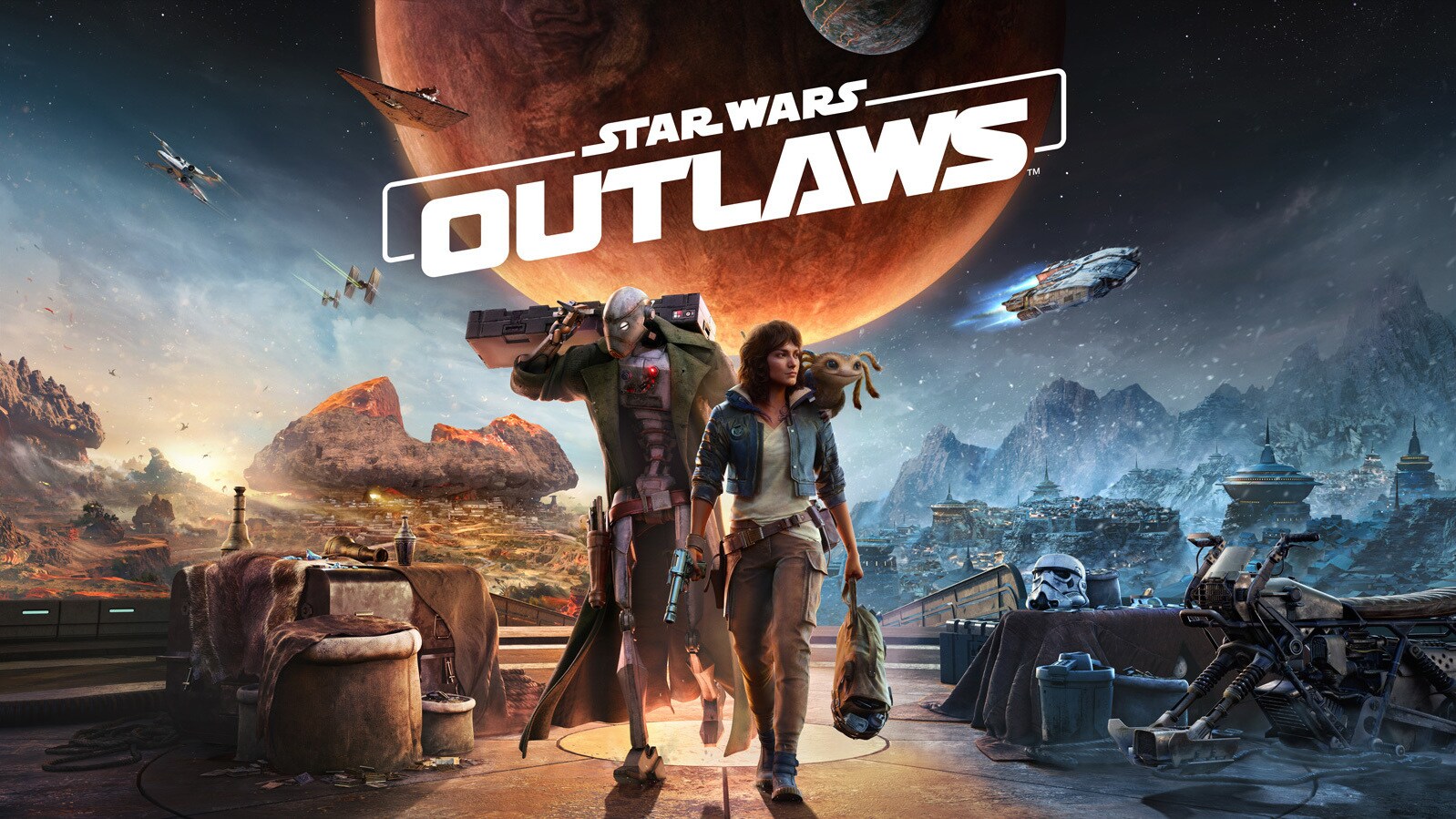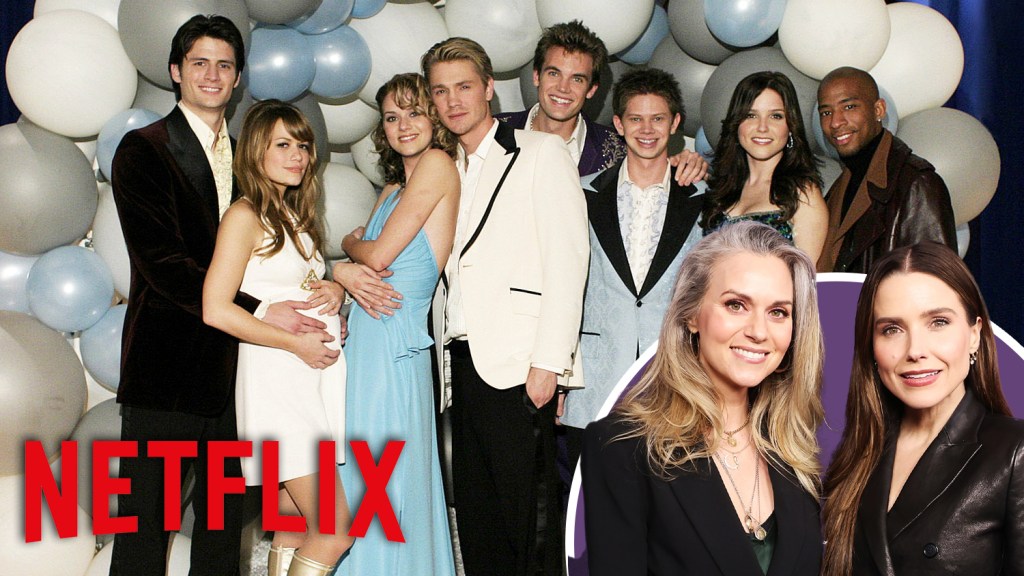Behind the Hits: Fraser T Smith Steps into the Spotlight

Fraser T Smith is a name synonymous with chart-topping music. From Adele and Sam Smith to Drake and Britney Spears, his list of collaborators reads like a who's who of music royalty. He's been a driving force behind UK rap and grime, collaborating with artists like Stormzy, Kano, and Dave, pushing the boundaries of the genre.
Smith's influence is evident across Glastonbury's recent history. He worked with Dua Lipa and Coldplay during lockdown for their electrifying headline sets, as well as on a fundraising cover of Foo Fighters' "Times Like These." Looking back at previous Glastonbury headliners, a clear Smith-shaped pattern emerges, with artists like Ed Sheeran, Florence + The Machine, and Adele all benefiting from his musical genius.
Smith, however, remains remarkably humble. He describes the moment Stormzy brought Chris Martin on stage for "Blinded By Your Grace, Pt 1" at Glastonbury in 2019 as one of the countless "pinch me" moments of his career. "You never really write a song thinking, let's envision this winning awards or topping the charts," he reflects. "To see it unfold like that â a simple keyboard and acoustic guitar becoming this massive, global event â is simply mind-blowing."
For years, Smith worked behind the scenes, his name rarely appearing in the limelight. He's co-written, mixed, and produced seven UK number one singles, two Billboard number one hits in the US, and contributed to 18 chart-topping albums. He's a Grammy winner for his work on Adele's "21" and a three-time Ivor Novello winner for his collaborations with Dave.
In 2020, Smith finally stepped out of the shadows as Future Utopia, releasing a concept album called "12 Questions," featuring a stellar cast of collaborators. He felt like the "conductor of the orchestra" for this project. Now, with "Django's High," he's taking center stage as a lead vocalist for the first time.
"This album needed to have my stamp, my identity on it," he explains. "It's very much ours."
It took time for Smith to embrace his inner singer. He describes the album, "a psychedelic Spaghetti Western," as a journey of self-discovery, fueled by the confidence and guidance of Kasabian's Serge Pizzorno.
"I started writing vocal melodies, perhaps for someone else to sing," he says. "I've worked with so many incredible singers, like Adele and Sam Smith, that I find it hard to see myself as one." He quickly corrects himself. "I don't want to put people off, because I'm really proud of my vocals on the album. I have good melody ideas. But I also love the layered sound of harmonies, and I worked with the incredible Molly J on backing vocals."
The result is a "mesh of harmonies," he explains. "I'm not claiming to be Lewis Capaldi, but... I'm very proud of this record and hope people enjoy it."
After performing "12 Questions" with collaborators like Kojey Radical and Simon Armitage, Smith discovered a taste for the stage. He loves the immersive experience of performers connecting with their audience as one, "rather than the typical icon-on-stage-everyone-else-beneath dynamic."
While he's hesitant about crowd-surfing, he's excited about the potential for a "in-the-round" performance. "Like Taylor Swift does," he enthuses. "It incorporates everyone into the whole journey. Who knows, I might crowd surf... but it always looks dangerous. What if people drop you?"
As someone who has spent so long behind the scenes, Smith is vocal about the challenges facing the music industry. He's passionate about ensuring songwriters and producers receive fair compensation for their work, especially in the streaming era.
"Songwriters don't usually tour, get branding deals, or do corporate shows," he argues. "I feel strongly that the songwriters of these amazing songs, the co-writers, and the teams of writers are looked after, otherwise, this art will become extinct, or worse, exclude working classes, making it a privilege for the wealthy."
While streaming has removed industry gatekeepers, a positive development, Smith believes artists are being paid "pennies." This, he says, is an "untenable situation. We want to make sure new talented young bands can keep going and they're not having to tour in the back of a transit van for 10 years before making minimum wage."
Smith views artificial intelligence as a "wake-up call" for the industry. He believes artists like Billie Eilish, Nicki Minaj, and Jon Bon Jovi's calls for protection have prompted many to move away from music that sounds synthetic.
"If we don't start making music that sounds more conscious, more organic, more played by real people, we are in danger," he warns. "Pop will eat itself. Certain studio techniques make it easy to churn out music quickly, but that just sounds like AI."
He cites artists like Taylor Swift and Dua Lipa, whose new albums embrace a rawer, more organic sound, as examples of this shift. "There's a rawness to [Dua Lipa's] new record that people are really resonating with," he observes. "People still buy vinyl, people still love bands â new bands like Fontaines DC or Last Dinner Party â there's a popularity in that rawer, more human sound."
Smith believes AI could ultimately be a positive force, pushing artists to create music that taps deeper into human emotion, something AI will never be able to replicate.
In addition to Future Utopia, Smith continues to produce. He's currently working on an "incredible record" by spoken word performer Kae Tempest and music with Bridgerton star Simone Ashley.
"I think you are what you eat," he says. "I grew up listening to so many different genres. I love this melting pot of different influences."
Django's High, by Future Utopia, is out now.





